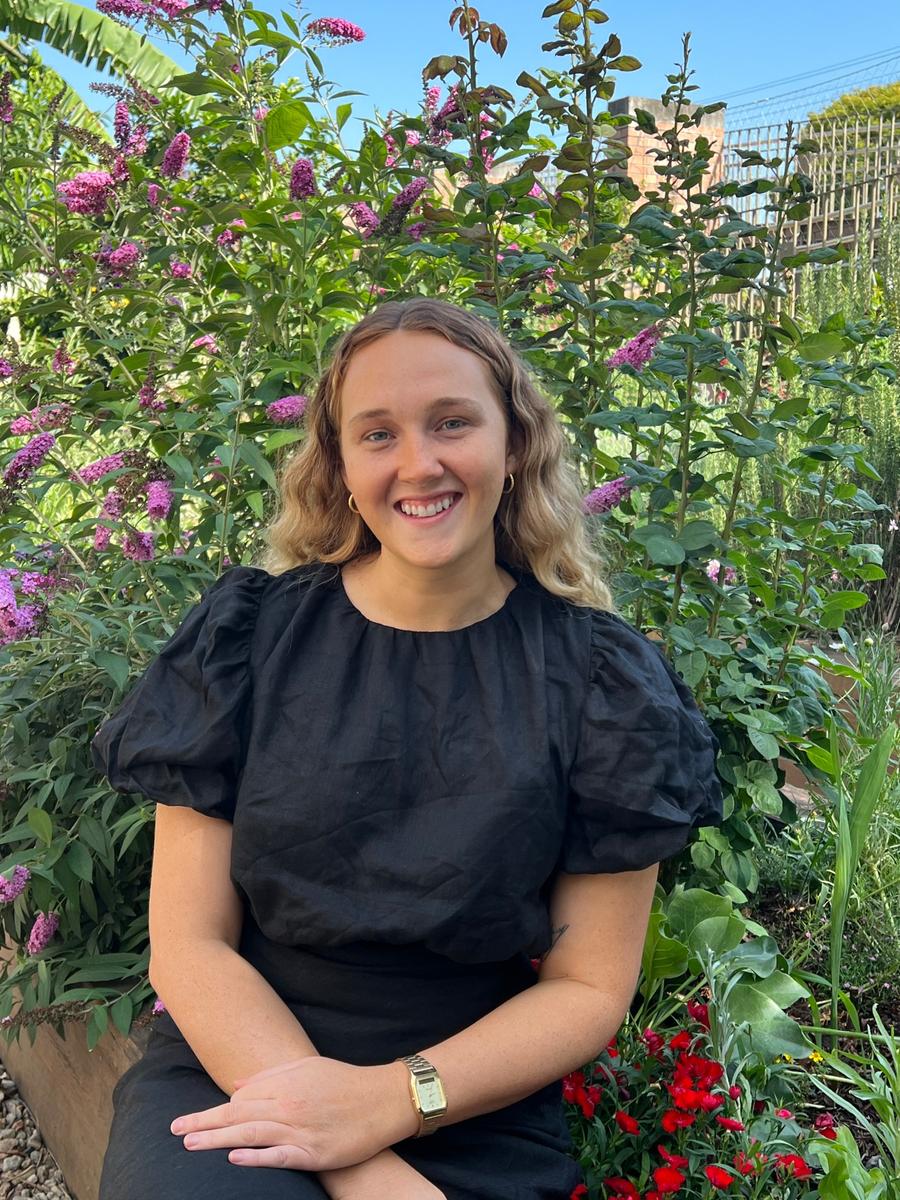From our College Counsellors

Have you visited SchoolTV yet? It’s a free resource hub for our parent community, developed by experts and guided by the latest research across a range of parenting and adolescent concerns. Topics include:
- Cybersafety
- Mental health
- Positive parenting
- Diversity and inclusion
- Healthy body
- School survival
You can access it here: Home Page SchoolTV | Mount Alvernia College
Supporting children in processing world events
Besides having navigated a global pandemic, our young people are now living through escalating violence and conflict across the world. For some, this is more impactful than others. It can be hard to shield our children from exposure to these events, given we all live a very ‘switched on’ lifestyle today. Whilst it is recommended we monitor the exposure our children have to news/images of violence and conflict, it’s important to also provide safe and supportive opportunities to process this information.
Child Mind Institute and Emerging Minds recommend the following points to guide how you discuss recent global conflict situations with your child:
- Initiative a conversation – whilst it’s tempting to avoid topics that might feel uncomfortable, young people today will seek out information in other ways if they sense you’re not approachable. Leading the conversation allows you to understand how much they already know; and is an opportunity to provide advice on where to go for further information that is reliable and age-appropriate. It can be helpful to think through how you might approach this conversation first, before launching in – consider timing and location.
- Gauge whether your child wants to discuss further – if you’re unsure how much of the event/s your child understands, adopt a casual but curious approach. Perhaps start with ‘I’m not sure how much you’ve seen/heard about this, but recently XXXX has happened. This is a lot to take in; I wondered if you would like to talk/know more about what’s going on?’. Don’t force the conversation further if it’s clear they don’t want to engage, but let them know you’re happy to make time to talk if they change their mind
- Remain calm and act reassuringly – some recent world events have been understandably concerning, frightening, and can lead us to feel a sense of hopelessness. Do express your own feelings about it in a respectful and appropriate way; but avoid inflammatory explanations. Respond in a non-judgemental way if your child does express strong emotions about world events and help them to explore ways of managing their feelings.
- Encourage your child to regularly discuss their thoughts and / or feelings about what’s going on, if they continue to seem affected
- Respond to questions they may have in a developmentally-appropriate way – keep explanations simple and at a level that is matched to their age. It’s okay to say ‘I don’t know’ if your child asks a question that you’re unsure how to answer; but reassure them you will find out more about what they want to know – or even better, spend time together doing so
- Be mindful that these conversations might need to be revisited periodically and attuned to any distress that may emerge in your child. Also be cautious about what conversations about this topic they may be overhearing when in proximity to adults / others discussing it.
To read more about this topic, visit:
How to talk to children about war and conflict - Emerging Minds
https://childmind.org/article/helping-children-cope-frightening-news/


